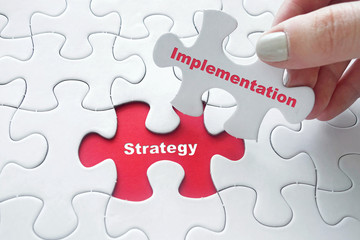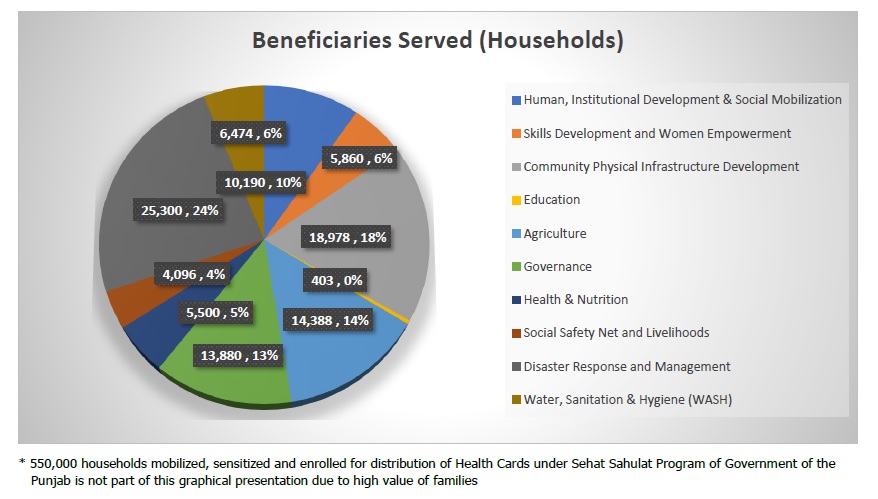
IMPLEMENTATION STRATEGY
Rural Community Development Society strongly believes that indigenous knowledge of local communities has pivotal role in identification of social issues and the alternate solutions. We implement our projects with bottom up approach and communities remain engaged right start from the planning phase of any program. Communities and relevant stakeholders consulted on regular basis during the project lifecycle for ensuring the sustainability of implemented programs/ projects. This methodology also impart ownership among the working communities and indigenous resources also contributed during the implementation by field teams. This is the reason that we have social & human capital in shape of Community Organizations, Village Organizations, Local Support Organizations, WASH Committees, Health Committees, Education Committees, Disaster Resilience Committees, Community Resource Persons and Volunteers who supported us to
implement the multi-sectoral development programs. Participatory Rural Appraisal tools used by the social mobilization teams for area profiling, identification of beneficiaries, community organization and management in communities.. Democratic processes introduced and practiced for all tiers of community groups, plan for capacity building of community institutions formulated and executed with the support of senior team members. RCDS teams play the role of bridge among the community institutions and Government department for ensuring the effective and efficient service delivery. Linkages created for community institutions through local advocacy tools to solve the problems at local level with the facilitation of field teams of RCDS For infrastructure or procurement related projects, joint procurement committee (consisting of members from community and RCDS staff) formed for implementation. This ensures the transparency and accountability among the partners leading to the effective program management and trusted relationship at grassroots level. Process monitoring and outcome monitoring continued during the project cycle by Monitoring & Evaluation (M&E) unit of RCDS to track the progress, gaps in implementation and achievement of defined targets against monitoring & evaluation indicators. Data management is also one of the key aspects that contained special attention and data of beneficiaries managed through database for record, reference and efficient use of technology by M&E unit. Quarterly meetings organized for development projects among the project teams and senior management team to discuss the progress, key achievement, challenges and way forward for smooth implementation. Further regular field visits conducted by senior management team to harness the leadership and management skills of mid-level managers and to mentor the field teams. Effective coordination and engagement done with district level administration and stakeholders for support, compliance of requirements and progress of project(s) shared with concerned Government departments on regular basis.










